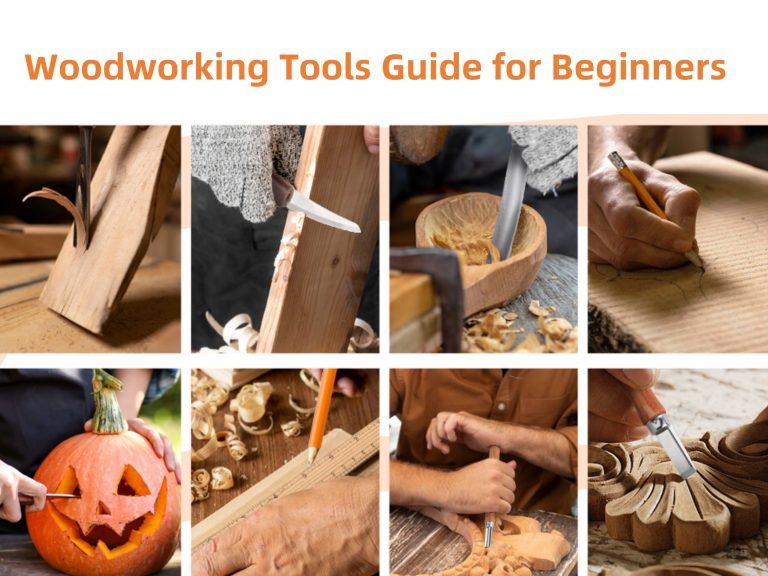When it comes to completing a project, whether it’s a DIY home improvement task or a professional construction job, having the right tools is essential. Hand tools and power tools are the two main categories of tools that are commonly used for various tasks. Each type of tool has its own pros and cons, and understanding these can help you make the right choice for your specific needs.
Advantages of Hand Tools
Portability
Hand tools are small and portable, making them easy to carry around, ideal for jobs in tight spaces that may be challenging for power tools. They also do not require electricity or batteries, making them a reliable option for outdoor or remote work.
Flexibility
Hand tools are known for their flexibility, such as screwdrivers that can be used for a variety of tasks. Due to their adaptability, hand tools are an excellent choice for jobs that require a wide range of motion and flexibility.
precision and control
With hand tools, you have a greater level of control over the force and direction of the tool, allowing for more delicate and accurate work.
Low cost
Additionally, hand tools are often more affordable than power tools, making them a cost-effective option for those on a budget.
Disadvantages of Hand Tools
Low efficiency
Hand tools require more effort and time to complete certain tasks compared to power tools, which can be a drawback for larger projects or professional use.
Human body engineering
Long hours of work, repetitive movements, and confined Spaces put significant strain on the body. These make people more prone to fatigue at work, and can also cause hand and arm diseases.
Advantages of Power Tools
High efficiency
One of the main advantages of power tools is that they are able to complete tasks faster and more efficiently.
High precision for repetitive work
They can exert the same force consistently, this makes them ideal for heavy-duty and repetitive tasks, as well as for professionals who need to work efficiently.
multipurpose
Power tools, with their vast range of functionalities, are often preferred over traditional tools. They cover numerous tasks, from drilling and cutting to sanding and shaping. They are designed to handle more complex and demanding jobs, making them a go-to choice for construction, woodworking, and other industrial applications.
Disadvantages of Power Tools
High cost
The cost of power tools is usually higher than that of hand tools, which is more suitable for people with high budgets. And it requires regular maintenance and potential repairs, which also adds to the cost.
Limited usage scenarios
Power tools are also bulkier and less portable than hand tools, which can be a limitation in certain situations. Wired power tools need to work near a power source. And the size of power tools means they can’t work in tight Spaces.
Safety hazard
Power tools require proper training to be used effectively and safely. Moreover, extensive usage of power tools raises concerns about noise pollution and dust accumulation, potentially leading to long-term health issues, especially for those working within this environment on a daily basis.
How to Choose the Right Tool
There are several factors to consider when choosing between hand and power tools.
The nature of the task
For smaller, precise tasks that require attention to detail, hand tools may be the better option. On the other hand, for larger projects or tasks that involve heavy-duty work, power tools are likely to be more efficient and practical.
The budget
It’s also important to consider the long-term investment. While power tools may have a higher upfront cost, they can save time and effort in the long run, making them a worthwhile investment for professionals and serious DIY enthusiasts.
The end
In conclusion, both hand tools and power tools have their own merits and demerits, and the choice between the two ultimately depends on the specific requirements of the task at hand. By understanding the strengths and limitations of each type of tool, you can make an informed decision and ensure that you have the right tool for the job. Whether it’s a trusty hand tool or a powerful power tool, having the right equipment can make all the difference in the success of your project.
Hope this article was helpful to you. We will continue to update the practical articles of hardware tools. MYWAY TOOLS is always by your side.








